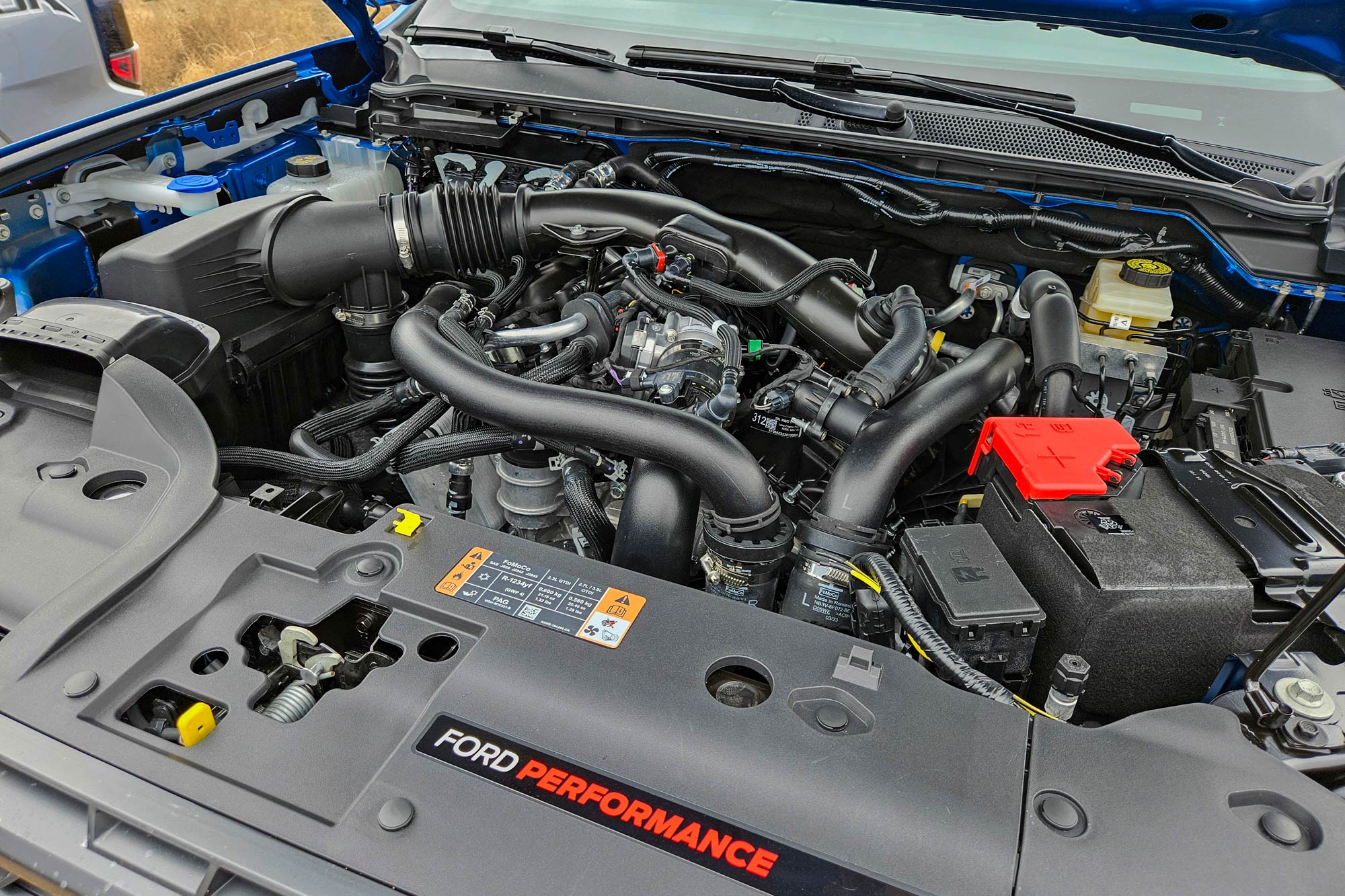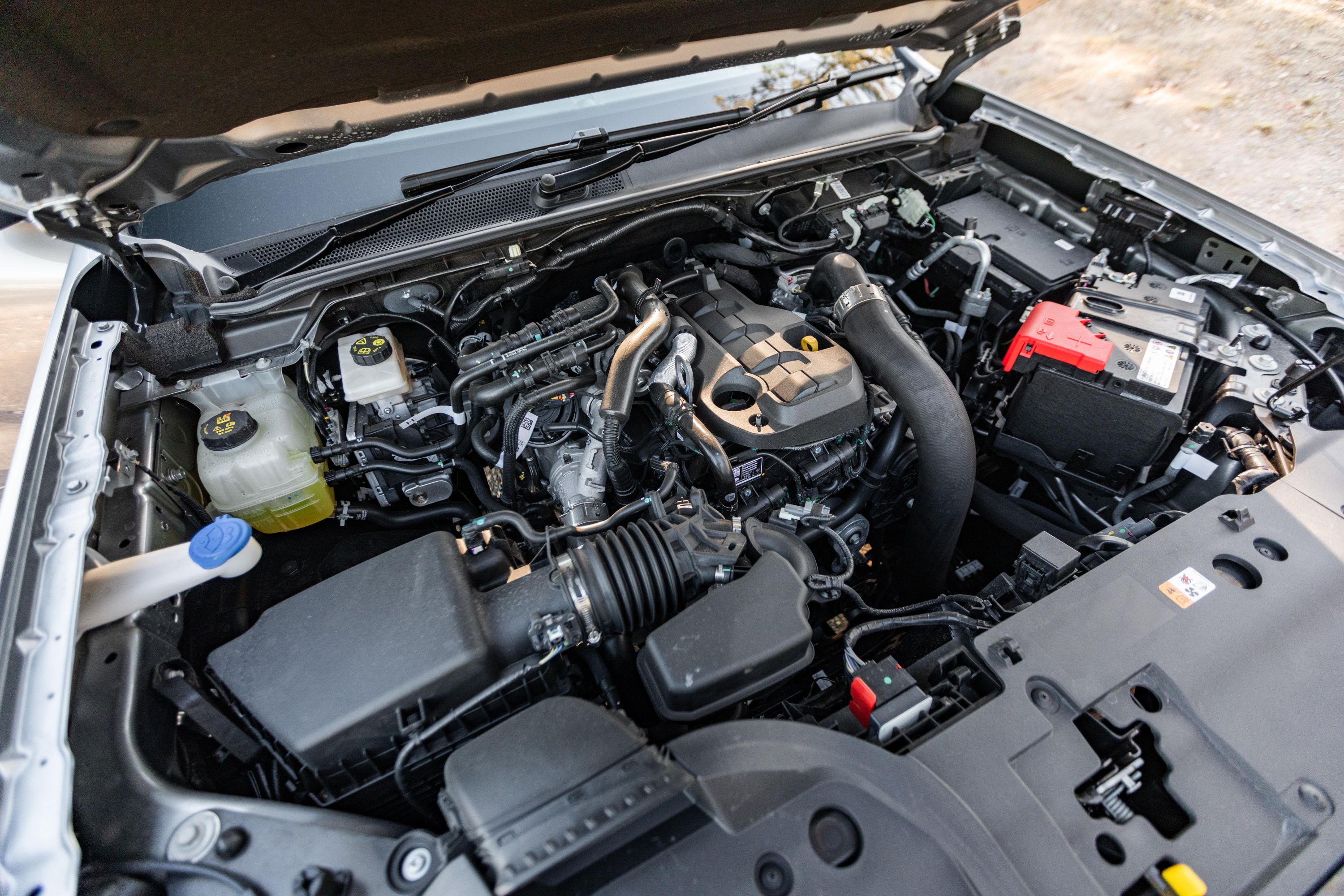Is the 2.2 Ford Ranger Engine the Right Fit for Your Driving and Work Needs?
What Makes an Auto Engine Run Efficiently: Leading Tips for Optimum Treatment
The smooth procedure of a cars and truck engine is essential to both performance and durability, making ideal treatment a crucial responsibility for lorry proprietors. Secret methods, such as routine oil changes, preserving coolant degrees, and keeping track of air filters, are crucial yet typically overlooked. The importance of checking stimulate plugs and guaranteeing proper tire pressure can not be underrated. Understanding how these elements adjoin can boost not just the efficiency of your automobile but additionally your overall driving experience. What particular steps should you prioritize to ensure your engine continues to be in peak problem?
Regular Oil Adjustments
Among the most vital elements of automobile upkeep is ensuring your engine receives regular oil modifications. Engine oil lubes interior components, lowers rubbing, and aids preserve ideal operating temperature levels. Gradually, oil weakens because of warmth, impurities, and the all-natural results of burning, resulting in decreased performance and potential engine damage.
The majority of makers recommend altering the oil every 5,000 to 7,500 miles, yet this interval can vary based on driving conditions and oil kind. For example, artificial oils may enable for longer periods between adjustments. Normal oil changes not just enhance engine performance but also enhance fuel performance, as tidy oil promotes smoother operation.
Ignoring oil modifications can cause sludge accumulation, which harms circulation and can bring about extreme engine problems. It is crucial to inspect oil levels on a regular basis and keep an eye on for any kind of unusual changes in shade or consistency, which can suggest contamination or deterioration.

Keeping Coolant Degrees
Maintaining correct coolant degrees is important for stopping engine overheating and making sure optimal efficiency. The coolant, generally a blend of water and antifreeze, flows with the engine, soaking up warmth and avoiding thermal stress. Insufficient coolant can bring about enhanced engine temperatures, which might create extreme damages and even overall engine failure.
To preserve optimum coolant degrees, consistently evaluate the coolant reservoir, usually found in the engine bay. Guarantee the coolant is filled to the suggested mark, as indicated in your automobile's proprietor guidebook. It is recommended to check the degrees at least as soon as a month or soon trips, especially during severe weather condition problems.
If you see that the coolant degree is continually reduced, there may be a leak in the air conditioning system, which should be addressed immediately to stop more complications. 2.2 ford ranger engine. Furthermore, purging the coolant system every two to three years can help eliminate any kind of built up particles and make sure efficient warmth exchange
Checking Air Filters

It is recommended to examine the air filter every 12,000 to 15,000 miles, or extra regularly if driving in adverse or messy conditions. An easy visual evaluation can commonly disclose whether the filter is unclean or harmed. If the filter appears stained or has visible dust build-up, it should be changed immediately.
Utilizing a high-grade air filter developed for your particular vehicle model can further boost engine efficiency. In addition, some vehicles might take advantage of recyclable filters that can be cleaned up and reinstalled, supplying a eco friendly and affordable alternative.
Inspecting Glow Plugs
Ignition system are necessary parts of a car's ignition system, directly impacting engine efficiency and efficiency. They create the stimulate that ignites the air-fuel combination in the burning chamber, helping with the engine's power generation. Regular evaluation of trigger plugs is crucial for preserving ideal engine feature and stopping possible issues.
Dark residue or oil down payments can indicate improper burning, while a white or blistered look may suggest overheating. Both conditions call for immediate interest to stop additional engine damage.
It's a good idea to evaluate stimulate plugs every 30,000 miles, or as recommended in your car's proprietor guidebook. Furthermore, take into consideration replacing them according to the producer's standards, as old or used stimulate plugs can cause misfires, minimized fuel efficiency, and boosted exhausts.
Monitoring Tire Pressure
Guaranteeing correct tire pressure is a critical facet of lorry security and efficiency. Under-inflated tires can cause lowered fuel effectiveness, enhanced tire wear, and compromised handling. Full Report Alternatively, over-inflated tires can decrease grip and increase the risk of blowouts. Routine monitoring of tire pressure is necessary for optimum car procedure.
Tire stress should be checked at least when a month and soon journeys. Use a trustworthy tire pressure scale to measure the pressure when the tires are cool, ideally before the lorry has actually been driven for at least 3 hours. Describe the car's proprietor manual or the placard located on the vehicle driver's side door jamb for the supplier's recommended stress degrees.
It is necessary to note that tire stress can change with modifications in temperature level; a decline of 10 ° F can lead to a 1-2 psi reduction in stress. In addition, aesthetically inspect tires for any type of signs of wear or damage during your monitoring routine. Preserving appropriate tire stress not only boosts vehicle safety yet additionally enhances fuel effectiveness and extends tire life, eventually adding to a smoother engine efficiency.
Conclusion
To conclude, preserving a vehicle engine's smooth operation requires diligent focus to a number of crucial variables. Normal oil adjustments, proper coolant degrees, tidy air filters, properly maintained trigger plugs, and ideal tire pressure jointly contribute to boosted performance and longevity. Abiding by these upkeep methods not just boosts gas efficiency but additionally promotes a safer driving experience. Ultimately, a proactive strategy to engine care is crucial for ensuring integrity and performance gradually. 2.2 ford ranger engine.
One of the most crucial elements of auto upkeep is ensuring your engine receives regular oil modifications. Engine oil lubes interior components, minimizes rubbing, this contact form and helps preserve optimum operating temperatures. Routine oil modifications not just boost engine efficiency yet additionally improve fuel efficiency, as tidy oil advertises smoother procedure.
Insufficient coolant can lead to increased engine temperature levels, which might create serious damage or even total engine failure.
